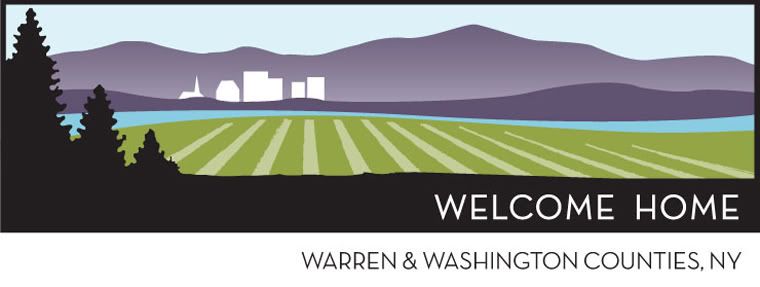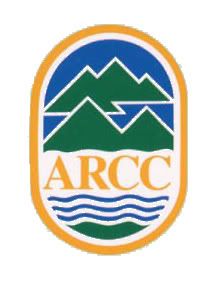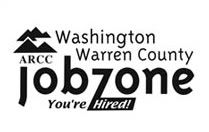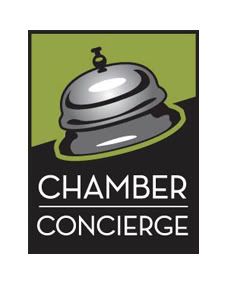Why oppose an increase in the sales tax?
For our local economy to recover, we need to be encouraging consumers to buy local. This is especially true in these times when business, tourist and personal budgets are fixed or declining and their purchasing power is limited. An increase in the sales tax reduces the purchasing power of consumers AND transfers money earned by local businesses from their cash registers into county coffers.
1: Sales tax revenues are down this year because people are already spending less. This means that many more local residents today are living on fixed or even declining incomes. They’re already spending less and looking for bargains and steep discounts wherever they can find them. For our economy to recover, we need local consumers to spend more and to buy local.
2: Most businesses these days also have strict spending limits on all purchasing. An increase in the sales tax will mean that all local businesses will pay higher taxes on office products, supplies, computers, printers, restaurant equipment, furniture, cars, trucks, gas, office equipment, etc. If the sales tax is increased, local companies will buy less of everything and further reduce their purchasing in order to meet their budget limitations.
3: The vast majority of tourists now also travel on a budget and national trends suggest they’re spending less and also looking for bargains. The $6 million Warren County is supposedly “losing” because it doesn’t collect a higher sales tax from these tourists assumes that they’re leaving town with that money. The fact that sales and occupancy tax revenues are down suggests they’re spending less across the board. In other words, the tourists will pay the higher sales tax if the rate is increased but they’ll spend less in private sector businesses to keep within their budget in the same way that businesses and local consumers are doing. In fact, the drop in county sales taxes is likely caused by all three spending less locally in 2009.
4: Our economic recovery requires us to enact public policies that motivate those who can afford to spend the most to do so. One of the reasons proponents say they favor a sales tax increase is that this shifts the tax burden to those who are capable of spending the most. Instead of adopting a policy that may reduce the urge of those considering making a purchase to buy local, we should be encouraging those with discretionary income to buy cars, boats, home furnishings, appliances, audio and video equipment, computers and electronics, etc.
5: If the total amount of taxable sales is declining and the sales tax is increased, we will see a shift of $14 million from local cash registers to the county’s coffers. The decline in sales tax revenue this year suggests that the taxable total sales volume from all purchases locally is down. If total sales are down and the county increases the sales tax to collect $14 million more, this will mean that businesses who are already suffering from declining sales will now also have to pay an additional $14 million that they earned to the county further harming their bottom line and capacity to succeed, grow or even survive. The only ways to avoid this shift of revenues from the private to the public sector are to either increase prices or see an increase in total sales and neither seems realistic at this time.
Todd L. Shimkus, CCE
President/CEO
Adirondack Regional Chamber of Commerce
518-798-1761
Friday, November 27, 2009
ARCC Cautions Supervisors On Economic Impact of Sales Tax Increase
Posted by
Business First PAC
at
9:41 AM
![]()
Subscribe to:
Post Comments (Atom)






0 comments:
Post a Comment